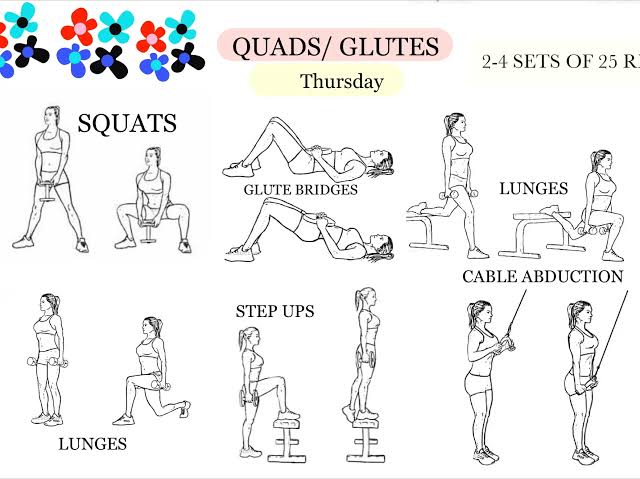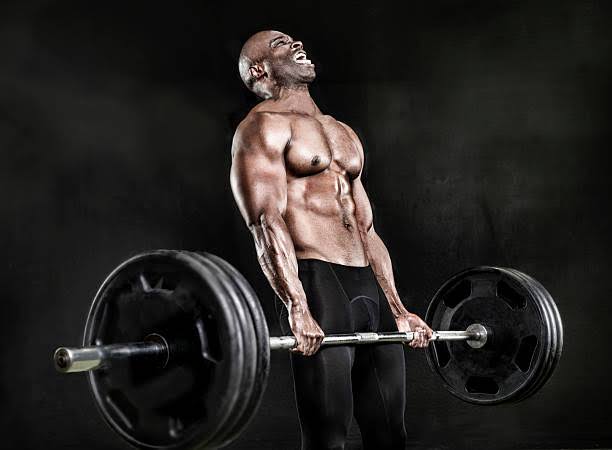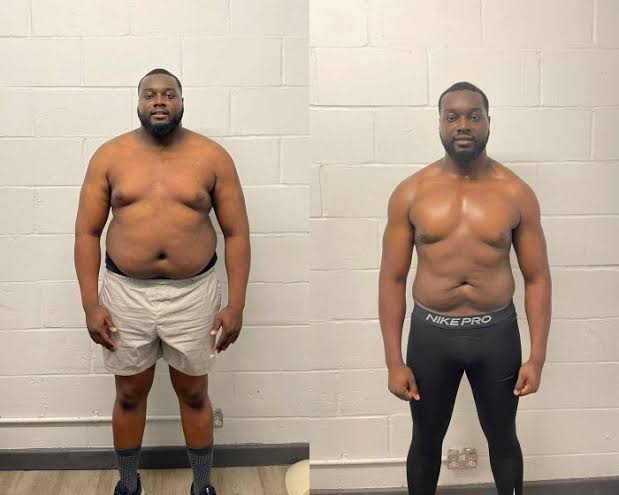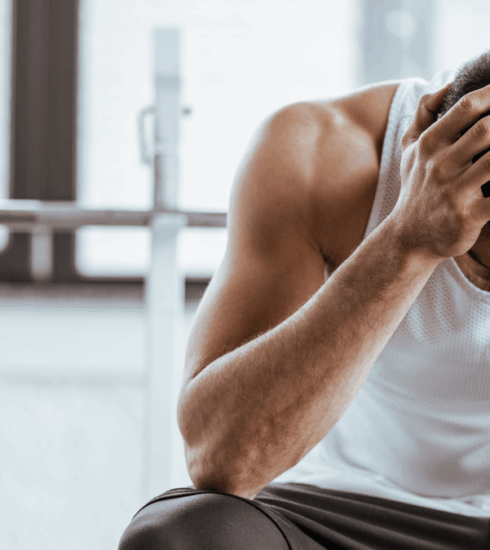Long-term Fitness: Building Positive Health Habits
When it comes to physical fitness, like every other aspect of life, aspiring to be in peak condition should be everyone’s goal. Every aspect of our lives is connected, and when one part is drained, it affects every other part; they all have to be balanced for a quality life.
Achieving long-term fitness requires discipline to implement habits or routines that promote such long-term goals. Individuals of any age can build lasting health and general well-being by focusing on consistency, variety, and progress.
This guide will give you the fundamentals to start your long-term fitness journey.

Creating a Consistent Exercise Routine
Consistency is the keystone of any long-term goal, and fitness isn’t an exception. Designating time each week for exercise and never compromising determines just how successful your plan will be. Pick out a day of your time that you are aware you are mostly free. Using an hour consistently daily will give you results as time goes on.

A Well-rounded Routine
An exercise routine covering every aspect of your body is highly recommended. This should include a mix of cardiovascular exercises, strength exercises, and flexibility exercises. Cardiovascular exercises include running, cycling, and even swimming. These routines burn calories and improve the heart.
For strength routines, you could indulge in weightlifting to build muscle mass. Yoga is mainly recommended for flexibility.

Progressive Routines
You have mapped out your routines and are starting off small, and that’s great. But then, you can’t remain at that level. With time, you need to increase your exercise intensity, duration, and frequency. Basically, if you started with ten pushups, with time, you have to up your game and move to twenty. But remember, progress is not rushed; when your body feels it’s gone past a level, you will know, and that would be the time to move to a higher intensity.

Listen to Your Body And Rest When Needed
Rest is essential for repairing worn-out tissues and allowing the body to recover from the stress of the day. Do well to get adequate rest hours, even if it means lying on the bed without sleeping.

Nutrition And Hydration
Proper hydration and nutrition are important for supporting exercise. After working muscles, water evaporates in the form of sweat and dehydrates the body; to replenish this, the body needs to be fueled with a balanced diet rich in lean proteins and complex carbohydrates.

Implementing these factors guarantees you the desired results as you work towards your physical goals.
Remember, fitness is a journey, and motivation can only get you so far in this journey, so make sure to back it up with dedication and consistency.

Johnson Chukwueke
Johnson Chukwueke is a content and creative writer with over 3 years of experience as a professional. A microbiology graduate from the Imo State University, Johnson is a music enthusiast who also enjoys movies, reading, and swimming. He is a writer at THEWILL DOWNTOWN.






